I met Bobby Tis Jr when he was about 2 years old.His father Bob was a stalwart in the NY recording scene. he was head of maintenance at number of great recording studios like Bearsville and the Boogie Hotel.Bobby entered the family business and is ready car. He is incredibly busy touring and recording with the Tedeschi Trucks Band-I thank him for taking the time to do this interview
1-I met you when you were maybe 2 years old-were you always interested in the family business?
I was definitely always interested at making a life in music…In my younger years I set my sights on being a musician. Being in bands and playing with other musicians in the neighborhood. That inevitably led to the desire to record and amplify things which led to a series of DIY PA systems, recording rigs and studio spaces, which led to learning how to solder and wrapping my head around how studios work and patch bays and signal flow and so on and so forth…. Eventually I just realized I had this whole skill set outside of being a musician, at around age 16. This is when i think it became apparent in my own mind that I was “interested in the family business“, in a certain way I saw the bright side in making technical things happen for the musicians around me.
2-Who were your early influences as far as recording engineers or even live sound and monitor engineers
My Dad is definitely the biggest influence I had in my early years. I learned audio from him the same way any trade is handed down through generations. My dad worked mainly in the studios while I was growing up. He would always help out and do sound for whatever bands I was playing in, so i really got to explore both of those scenarios with a good guide watching over me. In the live realm my first long term sound gig was for a company on Long Island called SK Systems Inc. and the owner Tom Heinisch had a big influence on me and my understanding of live concert audio, and gave me my first opportunities to mix front of house or monitors for bands coming through the area.
I think being around it all was my biggest influence. I met a lot of great recording, mixing and mastering engineers while growing up around the studios my dad was working in, I was always drawn to how they were doing things.I loved being in recording studios and I liked to watch it all, everything from studio operations to maintenance to making records… I got to see it all go down and loved what I saw which led me to want to learn everything so I could to be a part of it.
3- How did you get involved working with Derek Trucks
I first met and worked for Derek while DTB was passing through West Hampton Beach PAC in July of 2005. The sound company I was working for had installed the system there and was the longterm sound provider. West Hampton Beach is way out east on Long Island and all the guys at work lived more than an hour from there, except me, I grew up not so far from there and could stay at my parents house when working there. So, most times they needed a sound guy at WHBPAC, it was me. LuckilyI was the monitor guy when Derek came through.
The spot for “ stage tech” on DTB tour had recently become a revolving door after a long time tech had to get off the road… It was all sort of right place/right time/right skill set.
4-I’ve always said the monitor engineer is more important to the band than the FOH engineer-describe your technique for getting that perfect sound onstage
It’s never perfect 🙂 My goal is to provide clear musical communication and help reinforce the performers instrument to themselves in the onstage blend. Tedeschi Trucks band does not use in-ear monitoring which we believe actually adds to the level of musical communication and all around energy cohesiveness of the stage. We carry high quality Digico audio consoles, D&B amplifiers and D&B speakers on tour. The consoles are running at a 96K sample rate and 24-bit bit depth and feed the amplifiers digitally. There are 16 monitor wedges spread over the deck on 14 discreet mixes, there are also two subwoofers on discreet console sends placed near the drummers. What comes out of each speaker on the stage is quite different mix to mix and is done with a fill-in-the blanks mentality. I spend time each day figuring out the proper volume and tone of the speakers for each room we are in. I use snapshots as starting points for the blend of every song and they are updated often… This helps us achieve consistency and allows changes in any/all mixes on a song to song basis which allows me to adjust for how hard or soft any given musician is performing their part to get a certain sound and hopefully allows them to play how they intend to play and still be heard… and not over heard.
5-You spend a good deal of time on the road-tell us what a typical show day routine involves.
If I am lucky and have had any sleep, it starts with a shower…but often we wake up on our crew tour bus in a loading dock of a venue. We grab a cup of coffee and head inside to take a look and scope out the venue. With TTB I also wear the stage manager hat so I am often in the venue early figuring out power tie-ins, wing spaces and initial correspondence with the local stage hands. Once we know what we are doing we crack the truck and load in. We are very much a team on TTB crew and everyone helps direct load in and load out. For load in I am generally making sure cases are being pushed to the right places and I also start to do things like run power cables, placing racks in the right configuration, flipping my console into place, getting the snakes run, uncasing wedges, etc. I do all of this with the help of a couple local stage hands. Once its all set up and wired, I send some noise to all my mixes and make sure they are operating properly.
Then I spend time doing house cleaning on my console session or updating snapshots if I have notes from the show before. At this point our FOH guy Brian Speiser is usually tuning the PA so iI dive into wiring and checking out Derek’s guitar rig and building my small tech station so I can change strings and have a solder station and tools incase something needs repair that day. Once the PA tuning is done, I open up the vocal mics on the stage and walk around to take a listen, I often carry around a small real time analyzer with me to take the guess work out of identifying frequency build ups. I usually make some adjustments in EQ and volume of the monitor sends depending on what the venue sounds like that day. Once I’ve gone through and done that, we do a quick line check and start making noise with the instruments, checking the level and tone of each and how it is translating the space du jour.
At this point in the day there is usually a lunch break unless for some reason we are way behind or there is something in need of repair… After lunch, we enjoy some brief downtime and I usually do a little more tweaking with fresh ears before the band comes in for soundcheck. During soundcheck I’m mainly making final output EQ and level decisions with the band present as well as making more “in general” mix adjustments, things like “the drums seem a bit loud in keyboard world today” or the “bass guitar is really cutting through in this room”etc. I also check in on the console snapshots for any songs they play in soundcheck as well as make sure i see all the inputs on our JoeCo midi recorder. After soundcheck its time for changing the strings on Derek’s main guitar and the spare guitars if needed, we also make sure all the tuners and pedals have fresh batteries. After all that.. dinner, a little more down time and then the show. I check in on each monitor mix numerous times each show but i mainly mix the show in one of the more “full mix” positions like the drums or keyboard mixes in our case. I constantly check in on Susan’s vocal or the lead vocal mix but spend most of my time monitoring and adjusting vocal levels, and featured parts in the more full mixes. After the show, it’s load out, possibly another shot at a shower, and on the bus to the next gig.
6-Did you find it a hard transition to go from Monitors to now being in the Studio with TTB and recording and mixing the band?
As we all know-Live is live and studio is studio-What adjustments have you made to make it all work for you?
Well I think i lucked out on this one and heard that saying-” live is live and studio is studio”-at a pretty young age, and didn’t forget it. So in a sense i don’t think there was a lot of adjustment because i was aware of the two distinct processes and had studied and practiced both with that thought in the back of my mind.
7-Any particular special gear you rely on to to mix live?
My Digico SD10 console has sort of alleviated the need for much else.
8-What do you like to do on your off time
Mainly I like to spend time with my two small children and my incredibly supportive wife. We try to visit our families in New York and California as much as we can, that has been increasingly fun with the little ones and grand parents. On occasion i’ll get the opportunity to surf or snowboard which I love to do, and I still love to play music.
9-Favorite foods?
Indian- Butter Chicken
10-Favorite Movie or movies
The Big Lebowski
11-You’re a young guy in a great situation-Where do you see yourself 10 years from now
Hopefully I’m still living the dream, not to far from here. 🙂
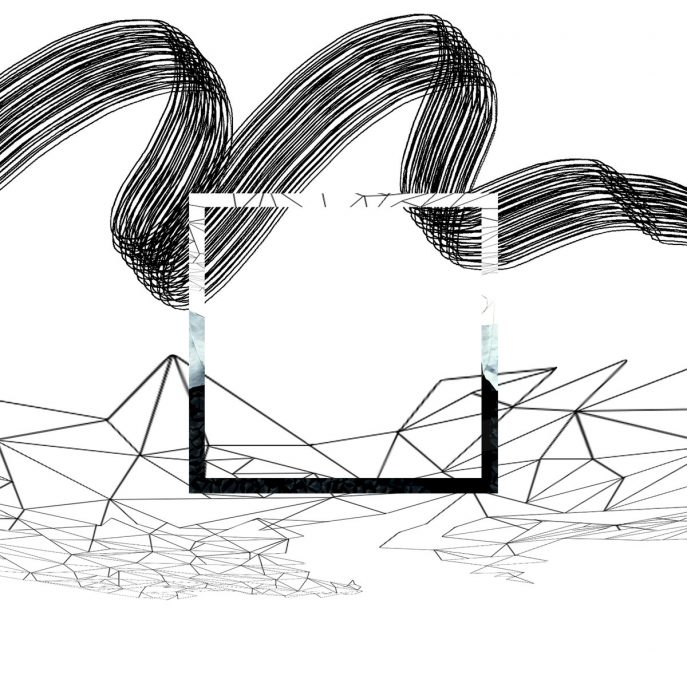
This Months Review is “Light Blue Movers” Ropeadope records
Many times you have friends who have made CDs and albums.They are enthusiastic about it because..well it’s their music and to me you need to separate yourself and be objective about what you just created. I have worked for awhile with Drummer/producer Adrian Harpham. He’s played live and recorded with me as well. When he asked me to check out an album he produced I was hesitant at first as I don’t want to not like it. Sometimes it’s better just to take it, tell the artist you liked it and move on. I am however very pleased to say there is something special going on here with Light Blue Movers. There is something exciting going on around every twist and turn on this very forward thinking production. I will not lie-It takes commitment and having the time to listen to this because there are so many layers to the production. It Starts off with singer Stephanie McKay singing on the very groovy Vahana. It really brings you in and on many levels a curiosity level to try and imagine what comes next. With innovative beats and superb soloists this music takes you to many different places. To go over every song would be crazy because they are all their own little story. I can just say congratulations to keyboardist Deron Johnson,Guitarist Gabriel Gordon,Bassist Jonathan Levy and Adrian Harpham and their special guests for making one of the most creative albums of 2016.
Check it out-you won’t be disappointed. Song Highlights for me are So Far with Julian Coryell, Mt Fuji and Worlds on Fire..Light Blue Movers=very cool and a great experience for those headphone folks who want to really hear good hi end audio quality as well.
Prince
I guess Im one of the many that is writing about Prince.There is a lot to say but it wasn’t that complicated. It wasn’t because you really couldn’t list a lot of people he was a musical peer with. John Lennon,Miles Davis, Hendrix? Someone like Prince comes along once in a generation…maybe. The other night on SNL they had a show dedicated to Prince. They started from the beginning and worked their way through the years. The one thing I learned was he started off great and from there just went through the stratosphere. Did I like everything he did? No I didn’t,but what I liked I really loved and loved it enough where we all know the songs that are the soundtracks of our lives and Prince wrote and performed on with many of them that are in my music collection.
So how do you we get another Prince in the future? Lets start with getting music education back into schools in a big way. How do you think you get kids seriously into music? By starting at the early grades and keeping them interested until you know those 5 out of 50 that really have the talent. Prince studied trumpet in school. It was a start.
I can say the same thing for myself. I studied privately and had music classes all through Jr High and High School. We are sucking the life out of the creative arts in this country and it’s not fair to future generations. Prince was a genius and rare combination of an artist who had his finger on the pulse for the decades he was with us. His talent didn’t come from some easy to use computer music program. it came from practicing and practicing and then getting to the next level. You hear the progression on every album and see it on every performance. In the end one of the last images we have of Prince is riding his bike.I got the feeling that it was as simple as just having a guitar to play or a bike to ride but it starts somewhere and it starts with learning.I’m trying to do my part

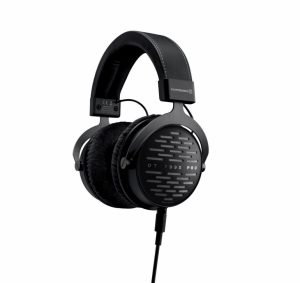
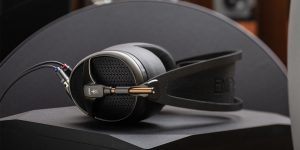
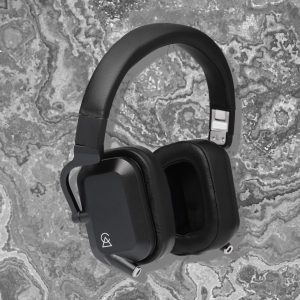
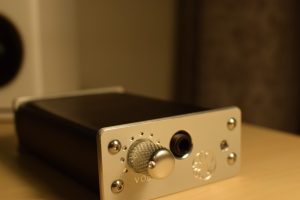
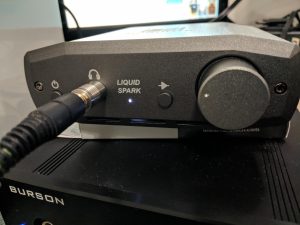
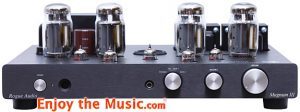
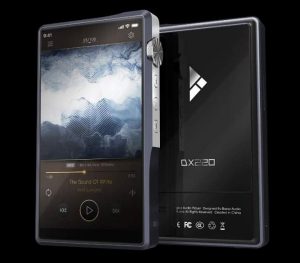
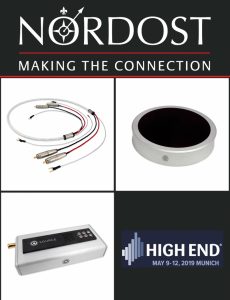
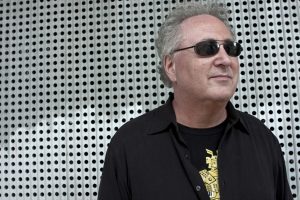

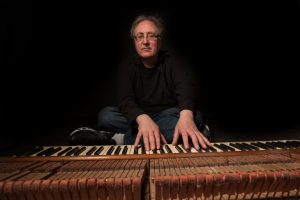
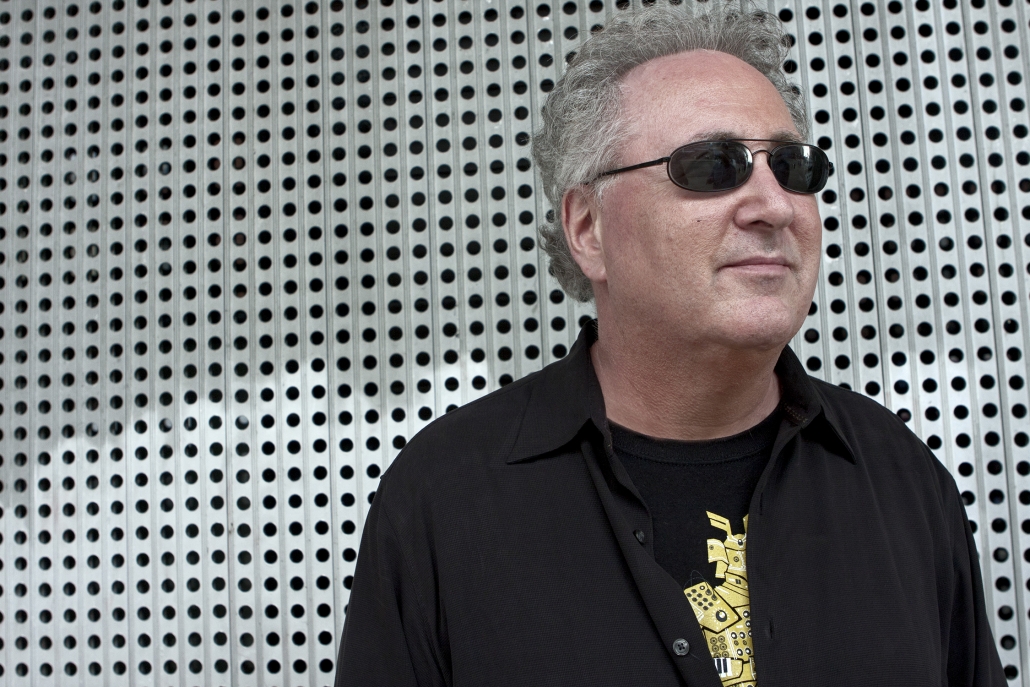
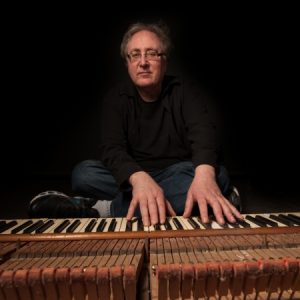
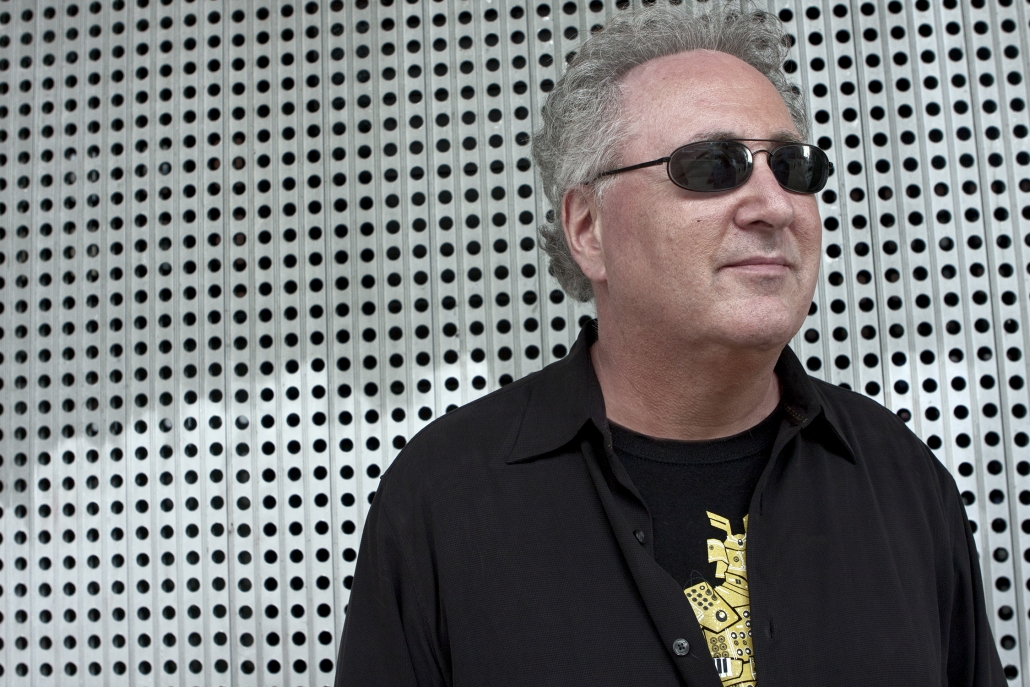
Want to join discussion?
Feel free to contribute!